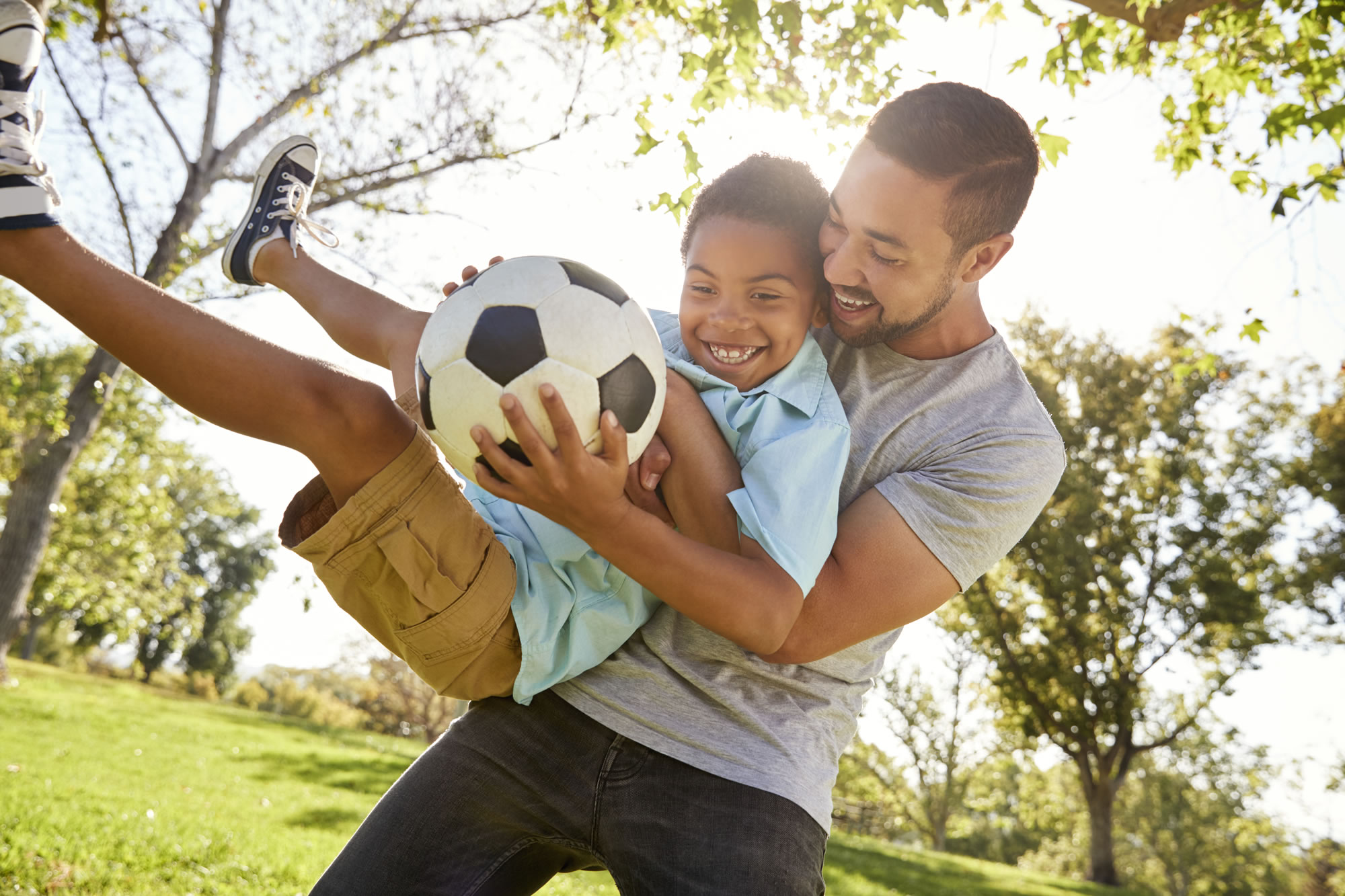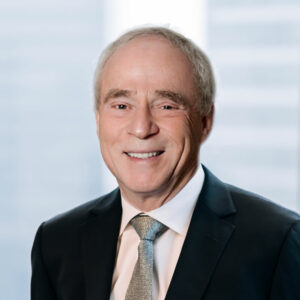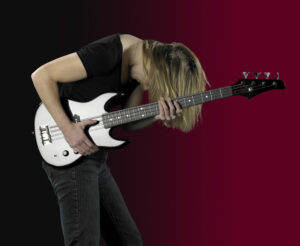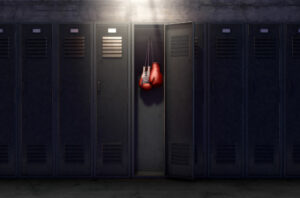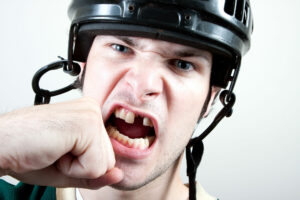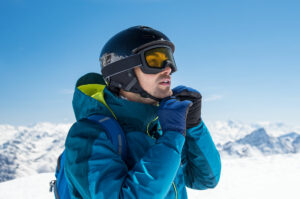The impact of missed childhood sports concussions can be devastating. Parents familiar with concussion symptoms help their children play sports in the safest way possible.
“It’s critical to be aware of the prevention and treatment of concussions, which are brain injuries that occur when the head is struck or suddenly jarred,” according to a recent Chicago Tribune article.
Tips to Avoid Childhood Concussions
- Form strong relationships with coaches. Parents should confirm coaches and trainers are keenly aware of concussion symptoms and treatment. Coaches should also know the guidelines for children returning to sports after suffering a head injury.
- Children should wear protective gear relevant to their sport. The optimal safety gear is the correct size and fits well. Parents should ensure their child’s protective gear is approved by the organization that governs their sport. For example, the Hockey Equipment Certification Council (HECC) approves face masks and helmets.
- Ask coaches if they perform pre-season tests to establish baseline neurological data. The pre-season information helps determine how severe concussions are.
- Become familiar with concussion symptoms. These include nausea, irritability, dizziness, impaired balance, depression, sensitivity to light and noise and confusion.
- Take every blow to the head seriously. Parents should seek prompt medical attention if their child’s head was struck. A doctor will perform an Acute Concussion Evaluation to determine the concussion severity. Physicians and parents should discuss a brain injury recovery plan.
According to CTV, hockey accounts for almost 50% of brain injuries among youth. Other sports such as soccer and baseball have a high child-concussion risk.
For more information:
- Hockey linked to nearly half of brain injuries in Canada’s kid, teen, injury, CTV

